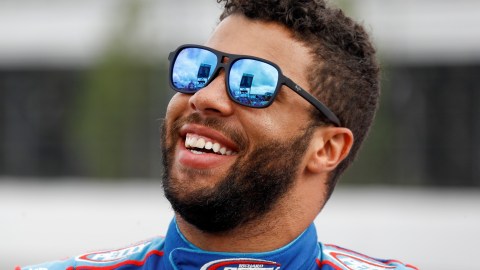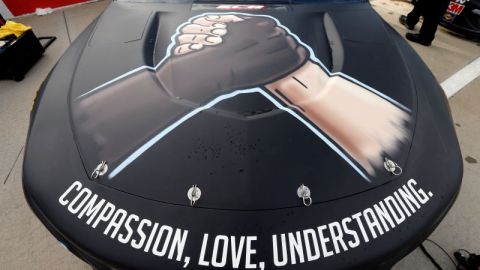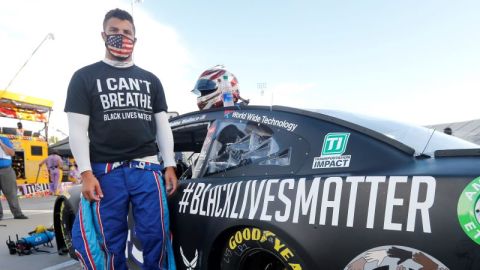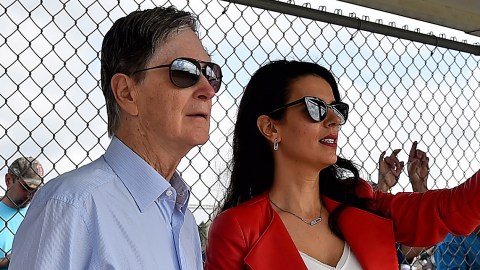Steve Nash is headed to Los Angeles. Joe Johnson is going to Brooklyn, possibly to be followed shortly by Dwight Howard. Ray Allen is a member of the Miami Heat.
Amid the flurry of trade and contract agreements that have set up a new wave of "superteams," a common refrain has been, "What was the purpose of the NBA lockout, again?"
It was not to stop this, that is for sure.
There was a misconception among fans during the five-month labor impasse last year that the lockout was about preventing future star-laden team-ups like the one LeBron James, Chris Bosh and Dwyane Wade orchestrated in Miami. There were some tweaks to the collective bargaining agreement — such as limiting the amount a player can make in a sign-and-trade and closing loopholes that governed which players teams could go over the salary cap to re-sign — that installed financial incentives for stars who stayed with their original, small-market teams. But the lockout was not about halting the rise of star-studded teams, no matter how greatly fans may have been irked at James and the Heat.
If it had been, that simply would have been bad business. Fans like to watch stars, and if they can catch those stars on a few teams rather than a whole bunch of teams, all the better. The league as a whole has seen interest piqued after All-Stars came together in Boston, L.A., Miami and elsewhere. What is bad for Cleveland and Toronto is not necessarily bad for the 30-team collective. That collective interest was the focal point of the owners' position, not the interest of individual franchises in Sacramento, New Orleans or Orlando.
Whenever Nash holds up his Lakers jersey or Howard smiles and declares how Brooklyn/Houston/Los Angeles was where he wanted to be all along, keep that in mind. The lockout did produce a more prohibitive luxury tax, which adds an obstacle to big-market teams from stuffing their payroll with bloated contracts, but the main thrust of that move was to control costs, not to battle the evil of star-laden squads.
No matter what the CBA states, the only people who can halt the spread of supposedly unbeatable teams are the owners and team executives. Cavaliers owner Dan Gilbert still smarts from losing James two years ago, which may have contributed to the Cavs pulling out of a reported four-team deal that would have sent Howard to Brooklyn. The aborted trade served as a reminder that superteams are only built with the tacit endorsement of the teams who approve the moves. If one team decides not to take part in the circus, the tent comes down.
Have a question for Ben Watanabe? Send it to him via Twitter at @BenjeeBallgame or send it here.



